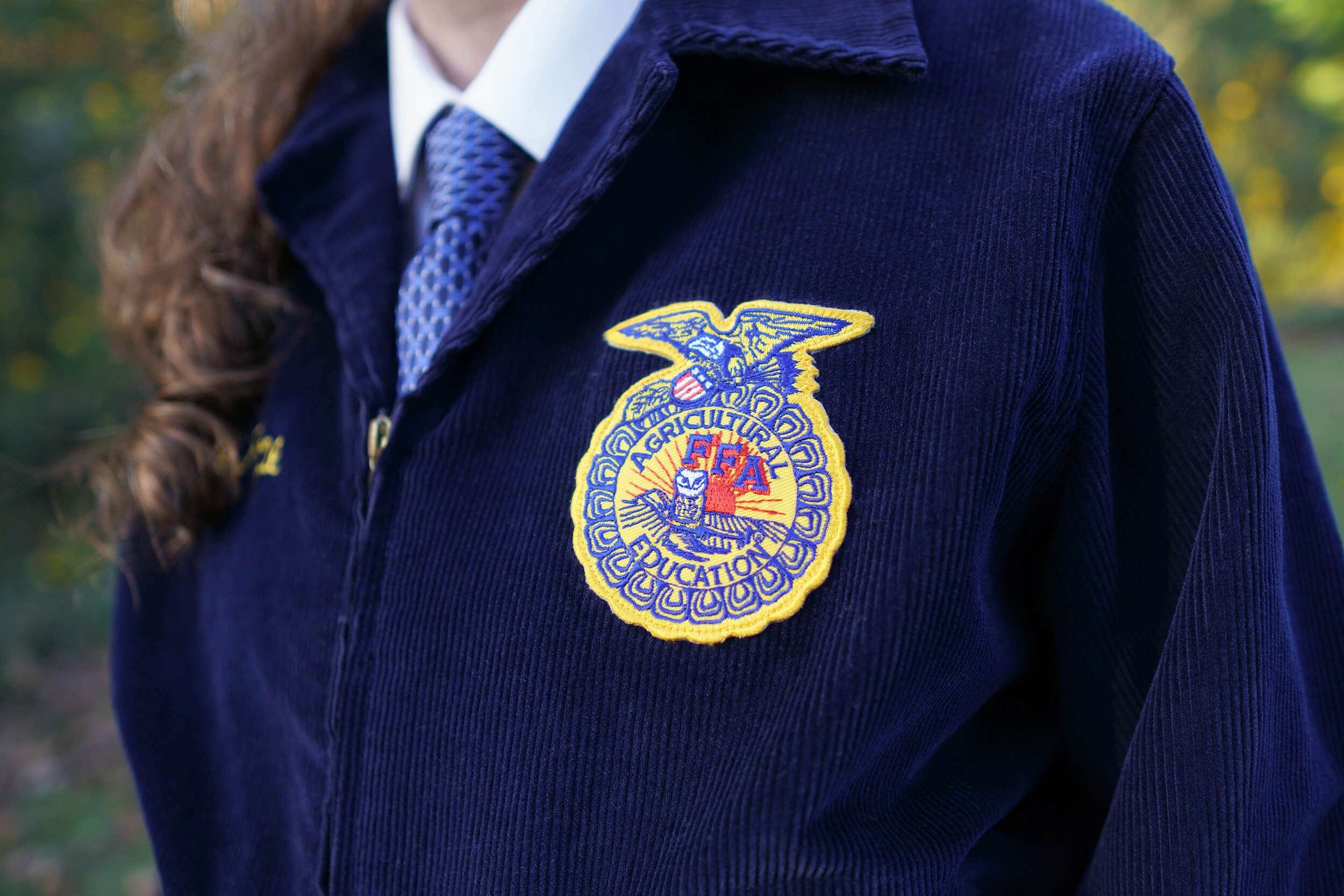BankIowa
Updated Mon March 18, 2024
Published Under: Ag

In an era of smartphones and instant gratification, it's easy to dismiss time-honored traditions like Future Farmers of America (FFA) and 4-H as relics of a bygone era. But beneath the blue jackets and plaid shirts lies a vibrant legacy of learning, leadership, and connection to the land that remains as relevant as ever. Here's why these programs deserve a place in our future:
Cultivating Skills for a Diverse World
Today's farmers are entrepreneurs, scientists, engineers, and environmental stewards. FFA and 4-H equip young people with the skills to navigate this diverse landscape They offer hands-on experience with animal husbandry, crop science, and land management, nurturing a love for the land and a respect for its delicate balance. These programs equip young minds with practical skills, igniting entrepreneurial spirits and fostering a sense of responsibility towards their communities. In a world increasingly disconnected from the source of its food, these programs bridge the gap, fostering a generation of informed and passionate advocates for sustainable agriculture.
Empowering Leadership and Confidence
Beyond the barn and the field, FFA and 4-H cultivate invaluable social and emotional skills. Public speaking competitions, leadership workshops, and collaborative projects instill confidence and communication skills that translate far beyond the farm. These programs empower youth to be their own advocates, to stand up for their beliefs, and to navigate the complexities of the world with a grounded understanding of their place within it. In an age where social isolation and anxiety are rampant, these programs offer a safe space for belonging and community, fostering a network of support that extends far beyond graduation day.
Nurturing a Love for the Land
In a world increasingly urbanized, these programs provide a vital connection to nature. Whether it's tending a vegetable garden or caring for livestock, young people learn firsthand the importance of sustainability, food production, and environmental stewardship. This fosters a sense of responsibility for the land and its resources, crucial for shaping responsible future citizens.
Bridging the Gap Between Generations
These programs connect generations through shared experiences and knowledge transfer. Older farmers mentor young members, passing down their wisdom and expertise. This exchange of knowledge ensures the continuity of agricultural traditions and practices, while also fostering a sense of community and belonging across generations.
Shaping a Sustainable Future
With the challenges of climate change and food security looming large, these programs are preparing the next generation of agricultural leaders to tackle these issues head-on. Through innovative projects and a focus on sustainable practices, FFA and 4-H members are developing solutions for a more resilient and environmentally conscious food system.
Conclusion
In a world that often prioritizes the latest trends and fleeting experiences, FFA and 4-H offer something timeless: a grounding connection to the land, practical skills for a diverse future, and a community that fosters leadership and responsibility. These programs aren't just about the past; they're about tilling the soil for a brighter future, one green shoot at a time. BankIowa is committed to our agricultural clients and families and will continue to support FFA and 4-H to keep the spirit of these vital traditions alive.

Comments